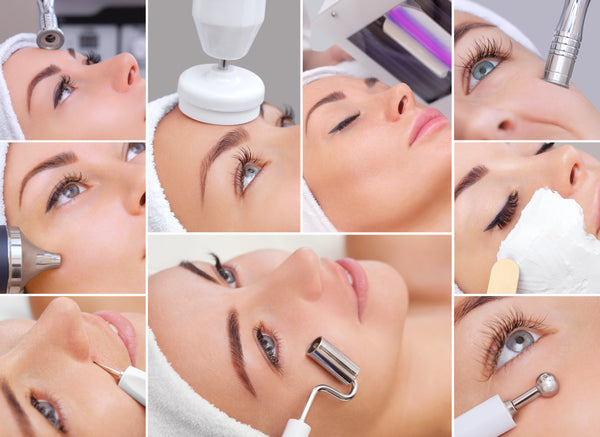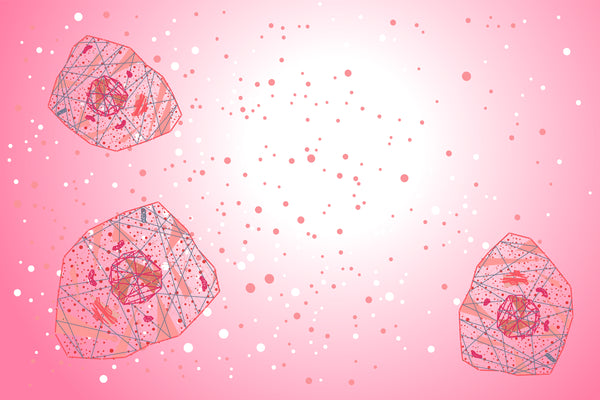Cleansing the skin is an essential part of a skin care regimen for all skin types and conditions; using the right product is equally important. Clients suffering from acne may not be cleansing properly, which could be due to the various advertisements promoting harsh cleansers and tools that could cause more harm than good. The following are five common myths and truths associated with acne-prone skin and cleansing.
Myth: Cleansing several times a day is necessary for oily skin.
Truth: Over -cleansing can strip the skin of its acid mantle, our natural occlusive barrier, leaving it dry and exposed to external irritants. The skin may also try to compensate for the oil that has been stripped away by secreting even more oil. This can start a vicious cycle of cleansing whenever the skin feels oily. Cleansing twice a day, morning and evening, is most commonly recommended with a few exceptions. Cleansing too often can also lead to irritation, rashes and/or more breakouts.
Myth: Cleansing with a physical exfoliator is necessary
Truth. Many clients think if their skin is oily and acne-prone, scrubbing it is beneficial. As estheticians, we know this can cause more harm than good, and most people with acne also have inflammation. With all the advertisements for rotating brushes, harsh scrubs and even home microdermabrasion devices, it is easy for the consumer with acne to think that these products are beneficial for them. Some side-effects of over-exfoliation are increased inflammation, skin sensitivity, extreme dryness, impaired barrier function, hyperpigmentation and even potential scarring. Recommending a cleanser or toner with an alpha or beta hydroxy acid to clients with acne will assist with exfoliation without being overly aggressive. Kaolin clay is another great alternative; it is a micro-exfoliator that attaches to dead skin cells to gently remove them opposed to harshly scrubbing them off.
Myth: If the skin feels dry, you don’t need to wash it.
Truth: Even dry skin needs to be cleansed daily. Some people with acne experience dryness along with inflammation and even the thought of cleansing can sound irritating. They may veer away from cleansing all together if they are used to harsh cleansers or soap, which can be uncomfortable and leave the skin drier than before. There are several creamy cleansers, and even low-foaming cleansers, that are effective for cleansing without over-drying the skin. Educate your client on the importance of cleansing twice a day with a suitable cleanser that won’t dry out or irritate the skin. Remember external irritants such as pollutants we experience daily can also lead to breakouts and inflammation.
Myth. Using a cream or oil-based cleanser will cause breakouts
Truth: The use of pre-cleansing oils has become increasingly popular and for good reason; oil is attracted to oil. Clients suffering from acne tend to shy away from products that are oil based, as they are often afraid it will make their skin worse. Adversely, pre-cleansing oils are excellent for oily and acne-prone skin. The oils used in these products assist in emulsifying the oils on the surface of the skin, leaving it thoroughly prepped for another cleanser to work more effectively. Pre-cleansing oils are also great for taking off stubborn makeup, which is great for acne clients that wear heavy makeup to cover blemishes. Creamy cleansers can also be a great choice for those with dry or highly inflamed skin.
Myth: Harsh, drying cleansers are best for oily, acneic skin
Truth: Using harsh cleansers with acne will only sensitize the skin further. As previously stated, the acid mantle needs to stay intact. Stripping away the natural oils that protect the skin from external factors (dirt, pollution, etc) can easily cause damage. It will also leave the skin dry, causing it to overcompensate and activate sebaceous glands potentially causing even more breakouts. Those with acne-prone skin tend to think the stronger the better, which is simply not true, especially in the case of skin conditions associated with inflammation.



0 comments